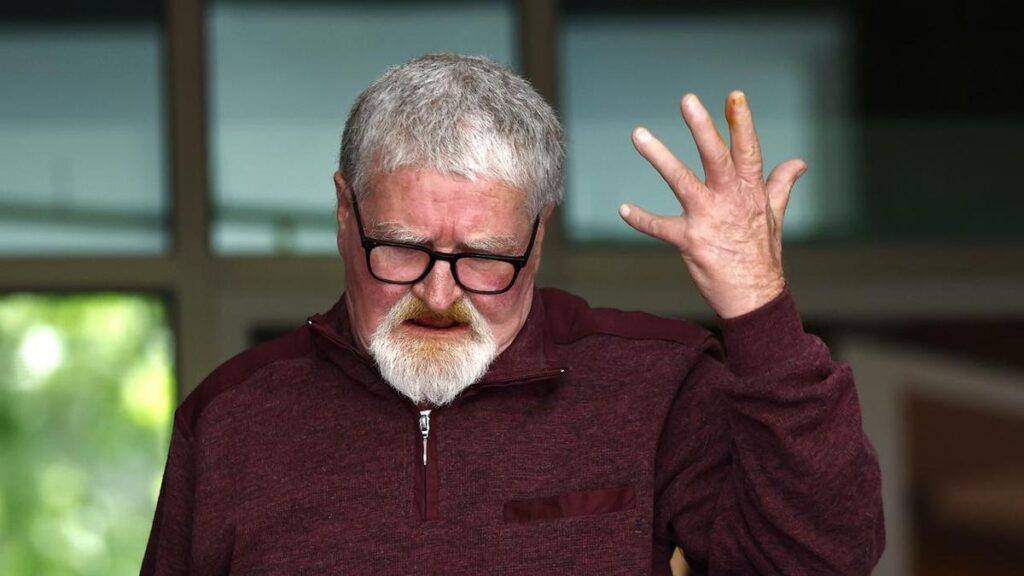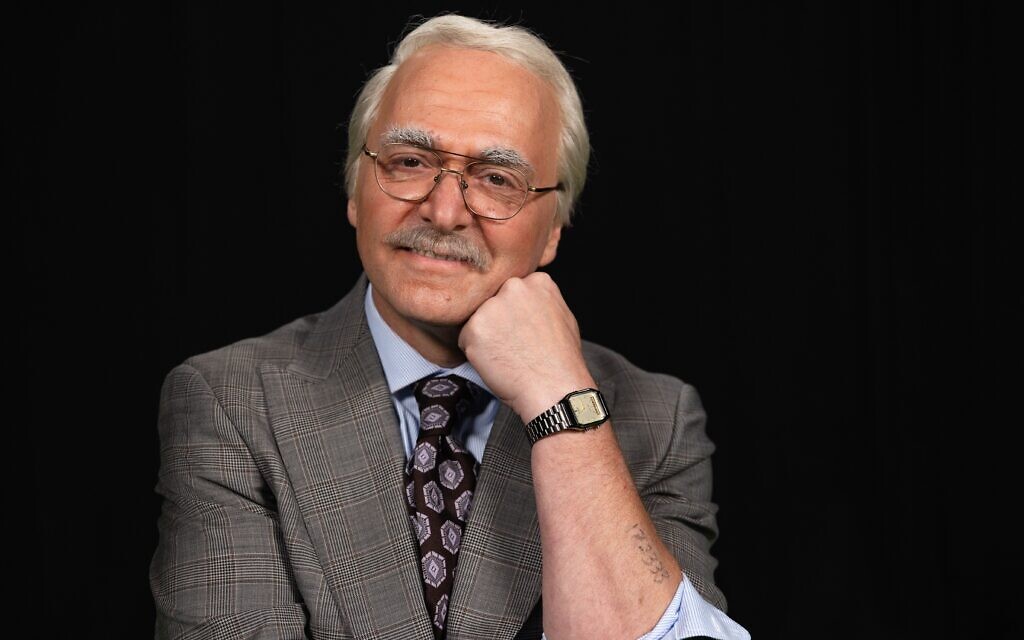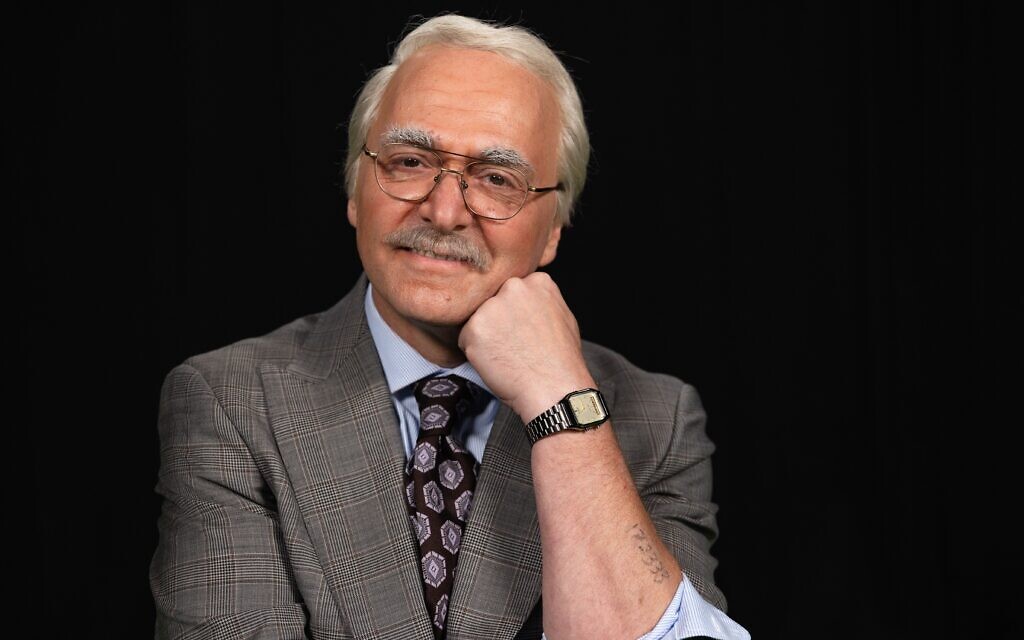
UPDATE: A Melbourne court is currently examining critical DNA evidence in a historic rape case from the early 1980s. Michael Francis Martin, 70, appeared at the Melbourne Magistrates Court today for the start of a committal hearing, where lawyers are questioning the validity of evidence collected over four decades.
The court is set to review various pieces of evidence, including hair on a towel, fluids found on a nightgown and underpants, and discarded cigarette butts. These items were pivotal in the charges against Martin, who is alleged to have attacked Jessie Grace Lauder, a grandmother living in Newport, Melbourne. Lauder was assaulted in her home in January 1981, with further attacks reported in 1983. She passed away in 1993.
Defense lawyer John Desmond is contending that the DNA evidence might not be as strong as prosecutors claim. “It’s not straightforward, and I anticipate making submissions as to whether my client should be discharged,” Desmond stated during the hearing. He is challenging the collection of DNA evidence that police gathered in recent years, which aims to link Martin to the crime scene.
The evidence includes cigarette butts allegedly tied to Martin and his brother, as well as a Jack Daniels can. Desmond raised concerns about inconsistencies, noting that internal communications from Victoria Police indicated discrepancies in DNA testing results. “You see the problem now?” he questioned forensic specialist Katherine Bradley.
The courtroom was shown a video depicting a chaotic police storage unit overflowing with evidence boxes. “It looks like it’s a schemozzle,” Desmond remarked, highlighting potential mishandling of the evidence.
Forensic officer Paul Dacey, who has been involved with the case since 1983, suggested that the video was recorded during a transition between police premises. Martin remains on bail, with the committal hearing scheduled to resume in February 2024.
This case signifies a crucial moment in the application of modern forensic techniques to historical crimes. The outcome could have significant implications for justice in cold cases and the integrity of evidence collection procedures.
Stay tuned for further updates as this developing story unfolds.







